In times of crisis, having a few unexpected skills in your back pocket can mean the difference between self-sufficiency and reliance on systems that may no longer be dependable. While the term “illegal” might sound extreme, some of these skills are regulated due to safety, privacy, or environmental concerns. But when survival is on the line, knowing a variety of practical skills could be critical to your security and resilience. Many of these skills could even be useful in your daily life, helping you gain more independence and resourcefulness. Just remember: understanding these skills is one thing, but practicing them safely and ethically is key.
Here are fifteen “borderline” skills that can bolster your preparedness—just make sure to check local laws before putting them into practice.
1. Lockpicking for Emergency Entry

Lockpicking is the art of opening a lock without its designated key, and it’s often restricted due to security and privacy laws. However, knowing how to get through a locked door without damaging it can be a lifesaver if you’re locked out of your home, or need to access a secured space in an emergency. Lockpicking kits and practice locks are available, but remember to only use this skill on locks you own or have permission to access.
2. Harvesting Wild Water Sources
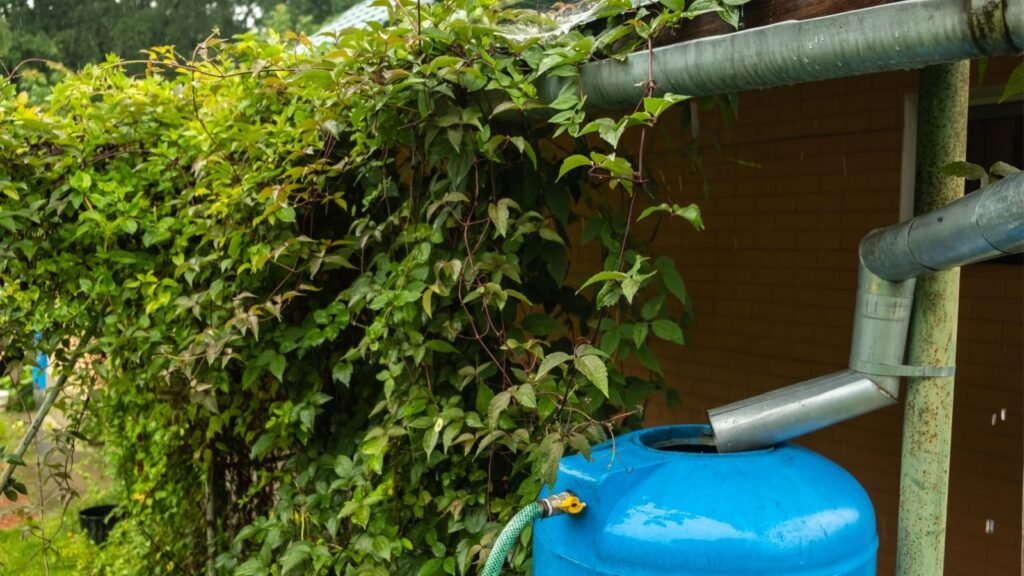
In some areas, harvesting rainwater is restricted or requires permits due to water rights regulations. However, collecting and purifying rainwater can be a sustainable way to ensure you have safe drinking water. Understanding how to identify, filter, and purify natural water sources will give you more options in a survival situation, as fresh water is one of the first things to go in a crisis.
3. Foraging for Wild Edibles
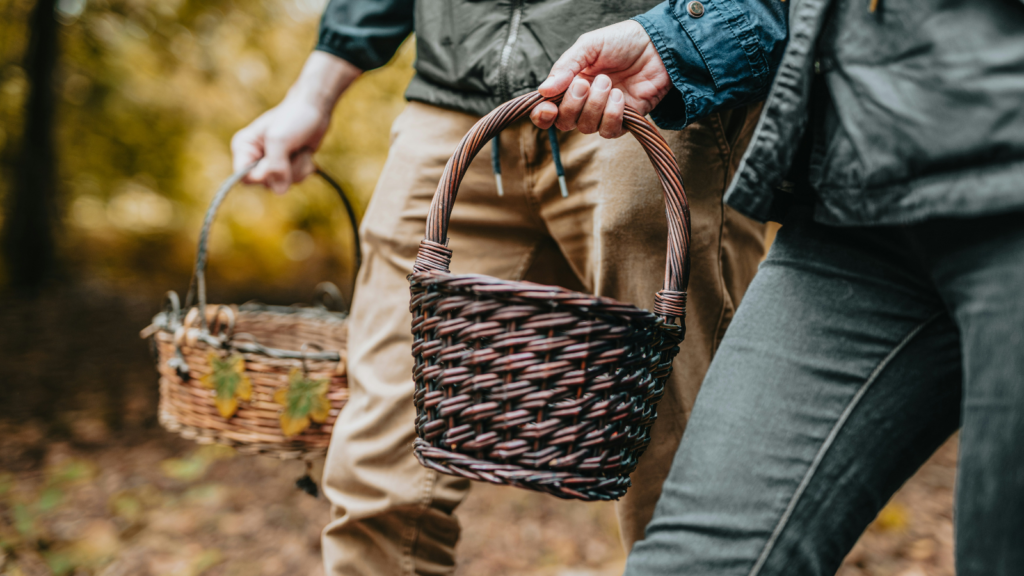
Foraging for food is illegal in many public areas to protect native species and prevent over-harvesting. Yet, knowledge of local edible plants and fungi can be invaluable in a survival situation. Foraging can provide nutrients and calories when other food sources run out. If you’re interested in foraging, study up on local plant species and always be cautious of poisonous lookalikes.
4. Knife Crafting and Sharpening

Creating and maintaining knives is generally legal, but some knife types or carrying practices may be restricted. Knowing how to craft and care for a good-quality knife is essential for food preparation, self-defense, and utility work in a survival situation. A well-maintained blade can serve as one of your most reliable tools in the wild.
5. Urban and Wilderness Navigation
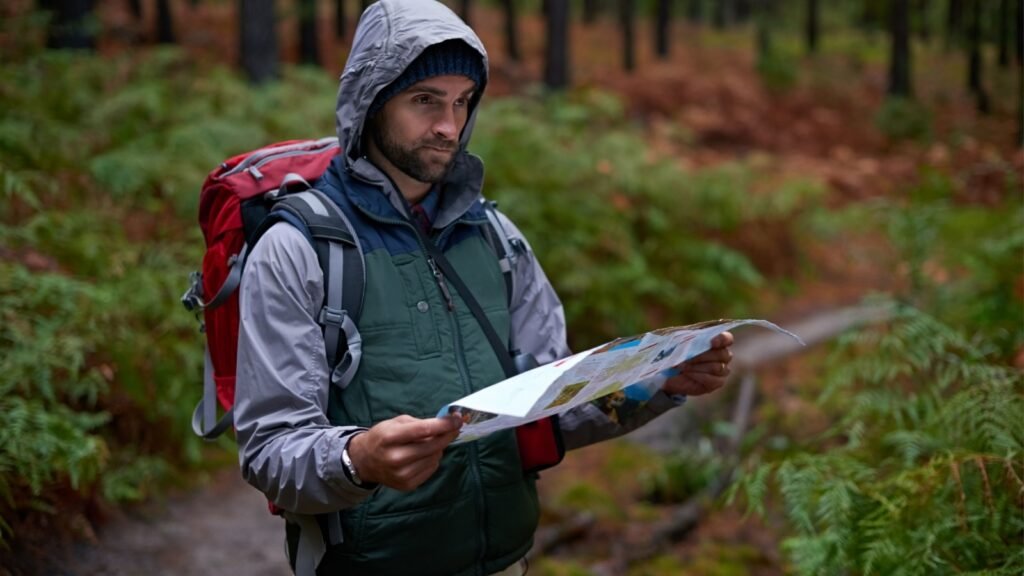
Learning to navigate without GPS can feel like a lost art, and in some locations, accessing restricted areas (like private property) while navigating can land you in trouble. Still, knowing how to read maps, use a compass, and recognize natural landmarks can be a life-saving skill if you’re forced to evacuate or navigate unfamiliar terrain.
6. Building Traps and Snares

In many places, it’s illegal to hunt without a permit, and using certain traps and snares is restricted to protect wildlife. Yet, the ability to build a simple trap or snare is a valuable survival skill if you ever need to secure food in the wild. Practicing with small, harmless versions on private property can give you a feel for the mechanics, but respect local laws and regulations.
7. Creating an Off-Grid Power Source
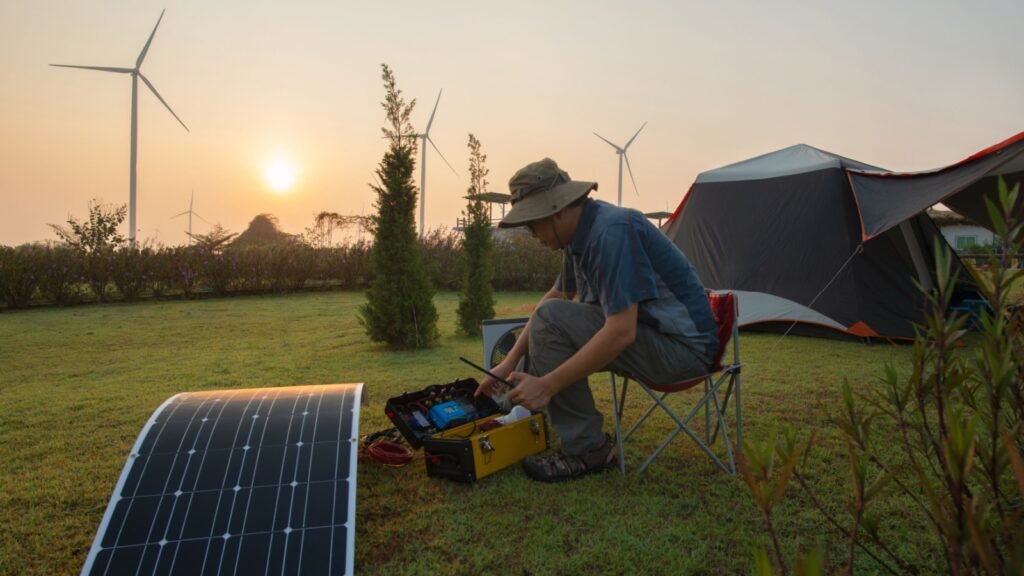
Building makeshift power sources, like DIY solar or hydro setups, can be legally complicated if you’re connected to the grid. However, learning the basics of small-scale power generation, storage, and usage can help you stay prepared. In a prolonged grid failure, having this skill could be the difference between comfort and complete darkness.
8. Making Soap and Hygiene Products

Homemade soap-making isn’t illegal, but making certain strong antiseptics or alcohol-based hand sanitizers at home can be regulated. If you’re ever cut off from commercial products, knowing how to create effective hygiene items from basic materials could prevent disease and keep you healthy.
9. Creating Fire in All Conditions
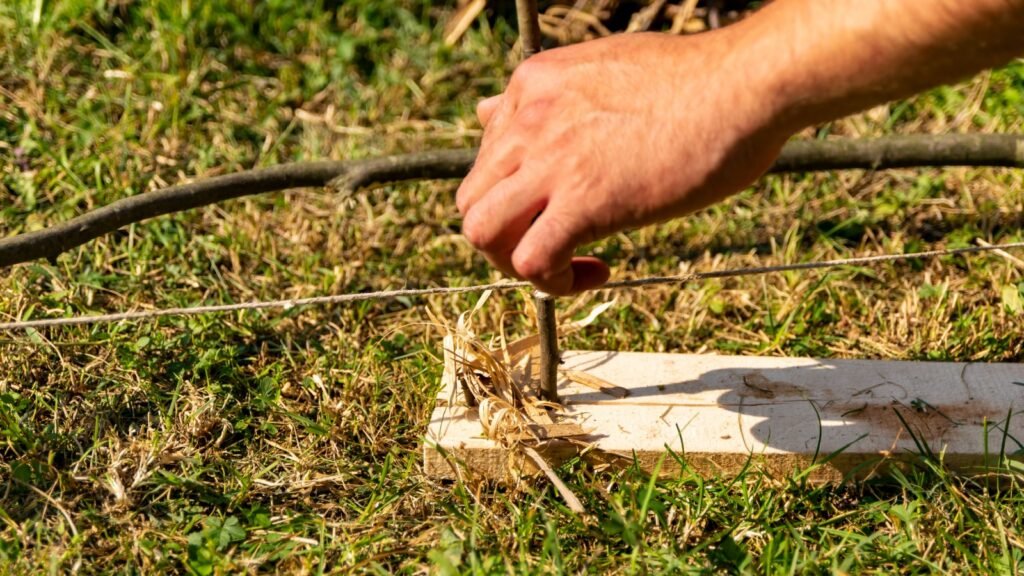
While starting a fire is usually legal, it’s regulated in certain areas due to wildfire risks. Mastering the skill of fire-building, including friction fire techniques, is invaluable for cooking, warmth, and signaling. Always practice fire safety and learn local regulations, especially if you’re in fire-prone areas.
10. Radio and Communication Skills

Using certain radio frequencies requires a license, and communication is regulated to prevent interference with emergency frequencies. But if mainstream communication channels go down, knowing how to use ham radios, CB radios, or walkie-talkies can keep you connected. Learning radio protocols and basic Morse code can be an asset in emergencies.
11. Canning and Preserving Food

Although canning isn’t illegal, certain food preservation methods can risk foodborne illness if not done properly. Understanding safe preservation practices can extend the life of your food supply for months or years. In uncertain times, self-preserved food can provide a stable, long-lasting food source.
12. Making Natural Remedies

Some natural remedies, particularly involving controlled herbs or plants, are restricted in certain areas. But herbal medicine and basic first-aid knowledge could be crucial if conventional healthcare becomes unavailable. Study up on medicinal plants and their proper uses, while respecting legal boundaries.
13. Improvising Shelter
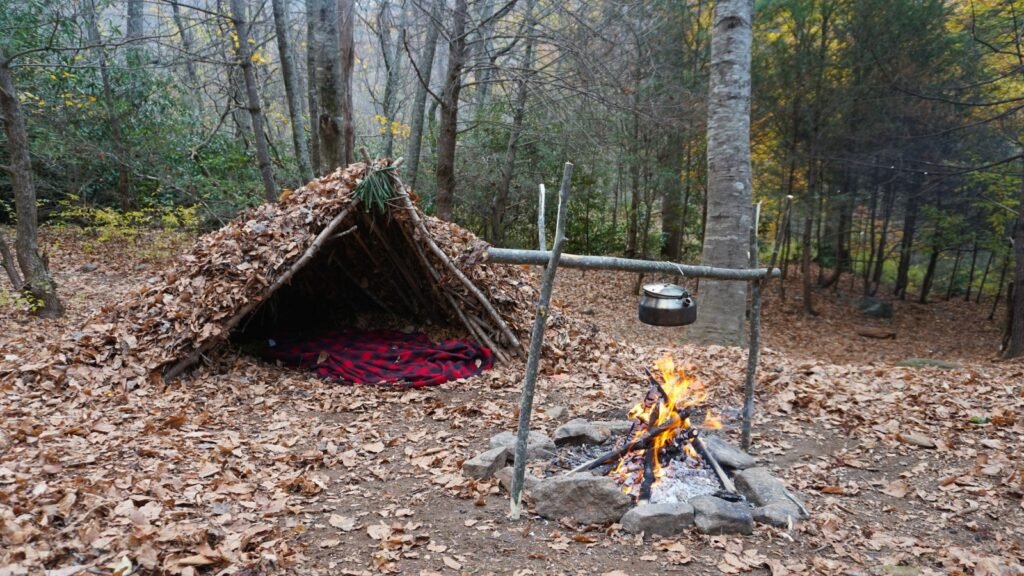
In urban areas, constructing makeshift shelters can be illegal on private property or in certain public spaces. However, learning how to create sturdy shelters from natural materials or basic supplies is crucial in survival scenarios. From debris huts to lean-tos, a simple shelter can keep you safe from weather and provide a sense of security.
14. Water Distillation and Purification

While purifying water itself isn’t illegal, certain distillation techniques involving specific chemicals can be restricted. Understanding how to safely purify water with boiling, filtration, and natural methods is essential if clean water sources become contaminated or inaccessible.
15. Recognizing and Avoiding Surveillance

Privacy laws protect against unwarranted surveillance, yet understanding basic privacy tactics can be useful for safeguarding your personal information. Knowledge about recognizing and avoiding surveillance tactics—like the basics of cybersecurity and camouflage in urban settings—can offer you more control over your privacy and safety.

